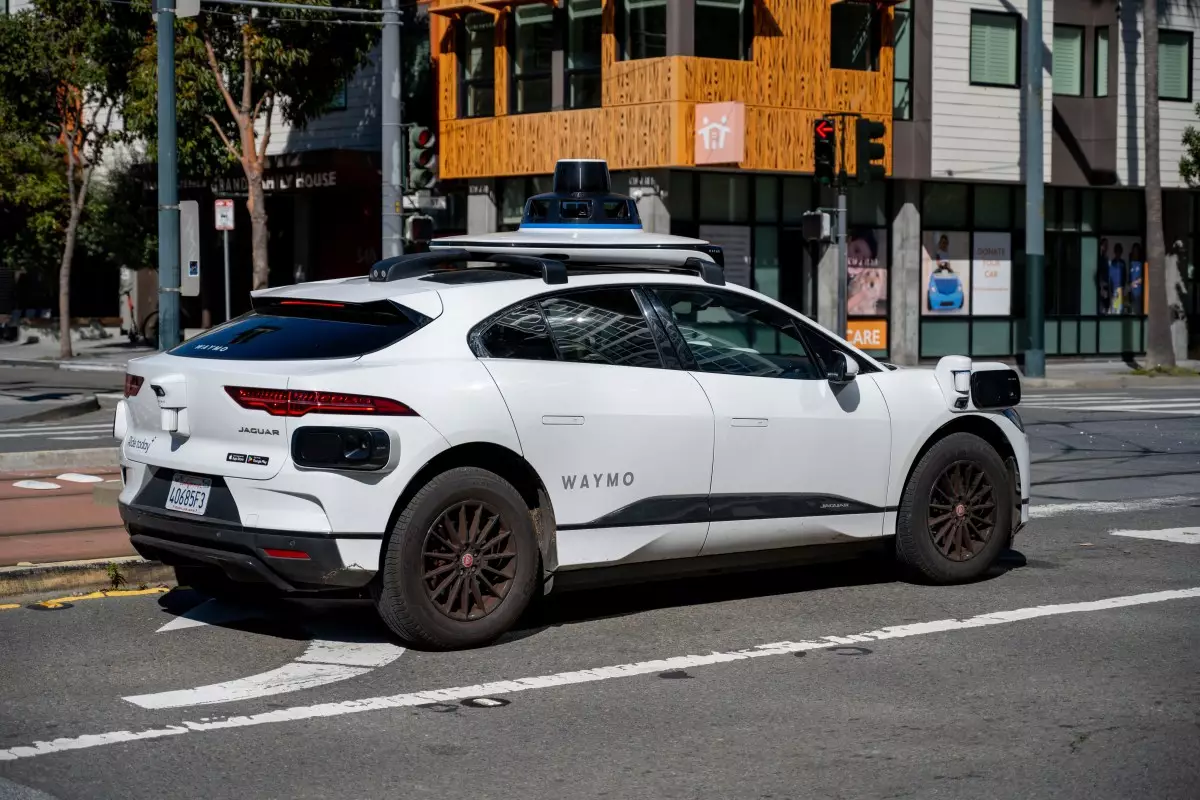Waymo, a trailblazer in autonomous vehicle technology, stands at the forefront of transforming urban mobility. However, as the company seeks to leverage the massive troves of data generated by its robotaxis, it is encountering a formidable ethical quandary. The implications of using interior camera footage linked to riders’ identities to train generative AI models raise critical questions about consumer privacy, data ownership, and the potential for misuse in an age dominated by surveillance capitalism.
The leaked draft of Waymo’s privacy policy, scrutinized by researcher Jane Manchun Wong, indicates a shift in how personal data is perceived and utilized. The incorporation of interior cameras not only heightens the surveillance aspect of ride-sharing but also adds an unsettling layer of complexity in how user data is harvested for commercial purposes. While many companies employ user data to enhance their services and improve customer targeting, integrating personal footage raises the stakes significantly.
The Fine Line Between Personalization and Intrusion
Waymo’s proposition to utilize interior camera data for purposes such as targeted advertising or functionality improvement represents a slippery slope. Personal privacy, a fundamental right, becomes even more ambiguous when companies claim ownership over data generated within their services. The standard opt-out choice, although present, is arguably insufficient in addressing the deep-rooted concerns about informed consent.
The company’s policy suggests that riders retain the ability to restrict the sharing of their personal information under California’s privacy laws. Nonetheless, the nuances surrounding this data—what constitutes personal information when facial expressions or bodily movements are captured—compound the difficulty of ensuring true consent. Is simply providing an option to opt out enough in this context where the lines between user experience and potential exploitation blur dangerously?
The Impetus for Monetization
The financial underpinnings of Waymo’s strategy cannot be overlooked. While it has managed to carve out a niche as the only commercial entity in the U.S. operating robotaxis, the pressure to generate revenue amidst ongoing heavy investments raises crucial concerns. With Alphabet’s substantial capital injections into Waymo exceeding $10 billion, the expectation for profitability looms larger than ever.
It is no secret that Waymo’s ride-sharing revenues, currently standing at over 200,000 rides per week, are a significant success marker. However, with the company’s exploration of alternative income avenues—such as in-vehicle advertising and data utilization for AI—one must question whether the quest for new revenue streams inadvertently compromises ethical standards. The juxtaposition of innovation and profit maximization often leads to uncomfortable compromises, particularly in an industry where technology outpaces regulatory frameworks.
The Future Beckons: Dilemmas Ahead
Waymo’s ambitious expansion plans into bustling markets like Atlanta, Miami, and Washington, D.C., signal a determination to innovate and dominate the electric ride-sharing sphere. Yet, with every new market comes incremental responsibility to uphold user trust and privacy. As autonomous vehicle technology continues to mature, the question arises: how will companies like Waymo balance growth with the profound responsibility of handling sensitive user data?
The lack of clarity surrounding how interior camera data will be leveraged—whether to enhance machine learning capabilities or share across parent company Alphabet—intensifies the call for transparency. Will users have a tangible say in the manipulation of their data, or are they merely passive participants in a burgeoning data ecosystem?
In contemplating these scenarios, the dialogue around ethical data use remains essential. The road ahead for Waymo and similar innovative firms is not merely about technological prowess but also about leadership in ethical practices, consumer trust, and a commitment to transparency in an era increasingly defined by questions of privacy and data rights. The fate of the autonomous vehicle sector hinges not only on technological milestones but on its ability to navigate the labyrinth of ethical complexities that come hand in hand with the data revolution.

